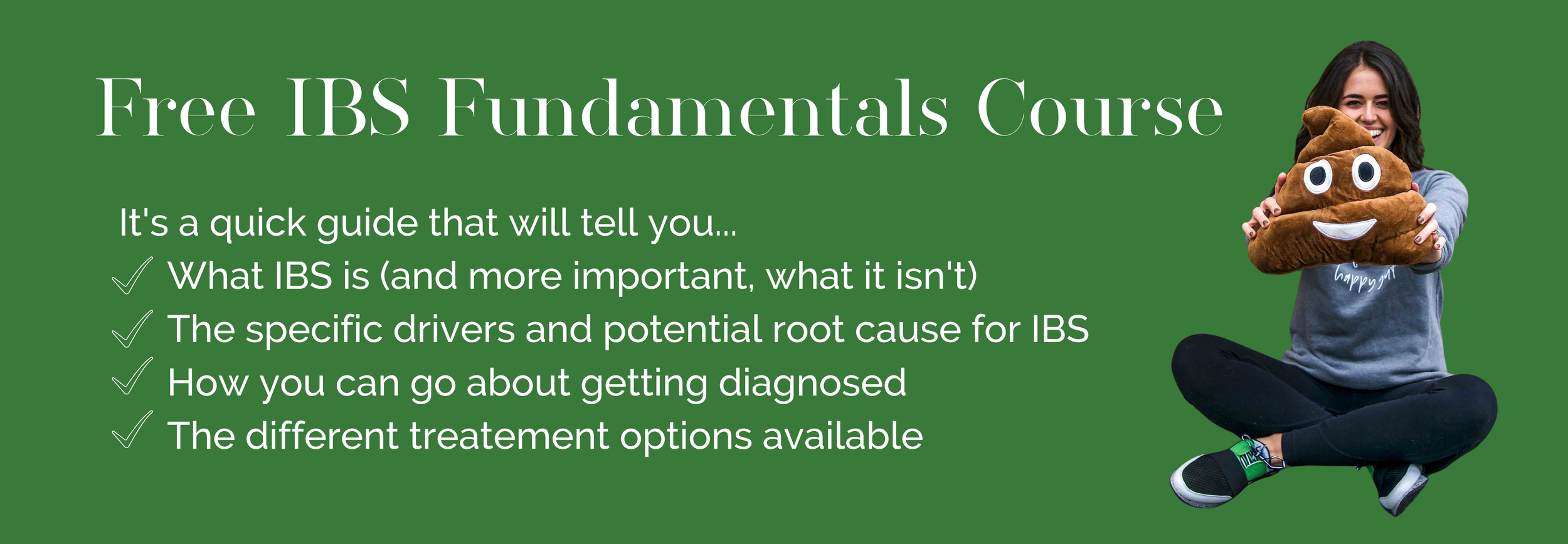Ginger's Effect on Digestion and Irritable Bowel Syndrome
Ginger, also referred to as ginger root, has been used in alternative medicine to improve digestion, reduce nausea, and help fight the flu or common cold. It has also been used in the culinary world to add a unique flavor to many dishes, including curries, soups, sauces, and more!
Why is ginger such a staple in health and food?
Ginger root is full of bioactive compounds, including gingerol, that have anti-inflammatory and antioxidant properties. This means, these components of ginger can help reduce inflammation in the body and protect the body against free radical damage, which both prevents disease and the negative effects of aging. Many of our plants have similar effects, but ginger also has unique effects on digestion, that may be of interest to those living with IBS.
Ginger has been shown to affect the enzymes trypsin and pancreatic lipase during digestion to speed up motility and emptying of the stomach. This can help prevent against constipation, gas, bloating, and indigestion. One study showed that 1.2 grams of ginger powder before a meal increased stomach emptying by 50%!
Ginger has also shown to relieve gastrointestinal (GI) irritation, stimulate saliva and bile production, and suppress gastric contractions as food and fluids move through the GI tract. This may be able to help reduce pain caused by hypersensitivity for those with IBS. The most evidence for ginger’s role in health is in its ability to reduce nausea. One study found that ginger may be as effective as prescription medications for nausea.
Studies on the role of ginger in IBS treatment are limited and conflicting, so we still need to do more research to know exactly how ginger works with IBS. But, if you struggle with slow motility and constipation, then adding ginger to your diet could be helpful.
What’s your poop personality? Find out here!
Ginger adds flavor
One thing I love most about ginger is the flavor it adds to meals. Ginger is low FODMAP, so it’s a great alternative to garlic for a somewhat spicy and bold flavor profile that also packs an antioxidant punch.
Simply peel fresh ginger root, then chop it up or grate it into dishes like curries, soups, stir fries, salads, and more! My absolute favorite way to use ginger? Tea! Check out my go-to ginger lemon tea recipe below!
If you’re working through the low FODMAP diet and aren’t really sure how to begin, what meals to cook, or how to test food groups to identify your personal triggers, schedule a consult call here!
NO BLOAT LEMON GINGER TEA
This is one of my favorite recipes for after dinner, to ease any bloating from my day and aid in my digestion before going to bed!
Peel and slice a 1/2-1 inch ginger root. Slice 1/2 lemon. In a mug, add ginger, lemon slices, and squeeze of lemon juice. Pour in hot water, then steep for 5ish minutes. Enjoy!
For more bloating tips, check out this episode of The Gut Show:
Are you frustrated with your IBS symptoms? Do you desire to be confident in your food choices? Do you want to have a healthier relationship with your body and diet? Are you ready to take control of your IBS?




